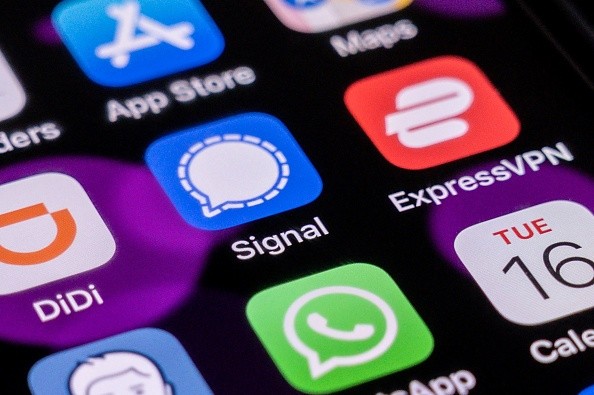
If the planned online safety bill compromises end-to-end encryption, the head of the messaging service Signal has threatened to leave the UK.
Signal's president has said that the company would definitely walk away if new laws jeopardize its encryption service.
When asked by the BBC whether the law may compromise Signal's ability to operate in the UK, Meredith Whittaker responded, "It could, and we would absolutely 100% walk rather than ever undermine the trust that people place in us to provide a truly private means of communication. We have never weakened our privacy promises, and we never would."
Signal, which is run by a non-profit in the US and has over 40 million monthly users, is popular among activists and journalists. It is reportedly utilized by certain spy agencies.
With end-to-end encryption, a conversation may be protected from prying eyes until it reaches its intended receiver.
'Protecting Everyone or Broken for Everyone'
The communications watchdog, Ofcom, has been criticized by privacy advocates over a clause in the bill that would enable platforms to be ordered to utilize certain technology that can detect and remove content promoting child sexual exploitation and abuse. Moreover, it mandates that tech companies use their best efforts to roll out cutting-edge tools for detecting and eradicating illegal material.
Advocacy groups who value their privacy have voiced concerns that the measure might compel encrypted messaging services like Signal, WhatsApp, and Apple's iMessage to snoop on their customers' chats and open their platforms to attack from malicious actors or oppressive regimes.
In an interview with the BBC, Whittaker called it "magical thinking" to assume that people can have privacy but only for the good guys. Based on her statement, "Encryption is either protecting everyone or it is broken for everyone."

More Privacy and Safety Concerns
Whittaker also expressed her disapproval of a process called client-side scanning, which involves inspecting photos before they are encrypted. Apple had planned to scan user photographs before they were posted to its image-sharing service but had to shelve the initiative in 2021 due to legal challenges.
According to Whittaker, everyone's phone would become a mass surveillance instrument that phones home to tech firms, governments, and private organizations under such a setup. She also said that criminals might use technology back doors into encrypted services if they were to be hacked by malicious state actors.
Addressing the Issue
As a response, a representative from the Home Office said that encryption is not prohibited under the online safety bill.
They said that the online safety law does not prohibit end-to-end encryption per se. Nevertheless, it does state that no new technologies should be introduced to compromise public safety, particularly the security of youngsters using the internet.
They assured that the privacy and safety of the children are both significant.





